Johanna Bruckner: Unruly Desires for Cataclysmic Affects
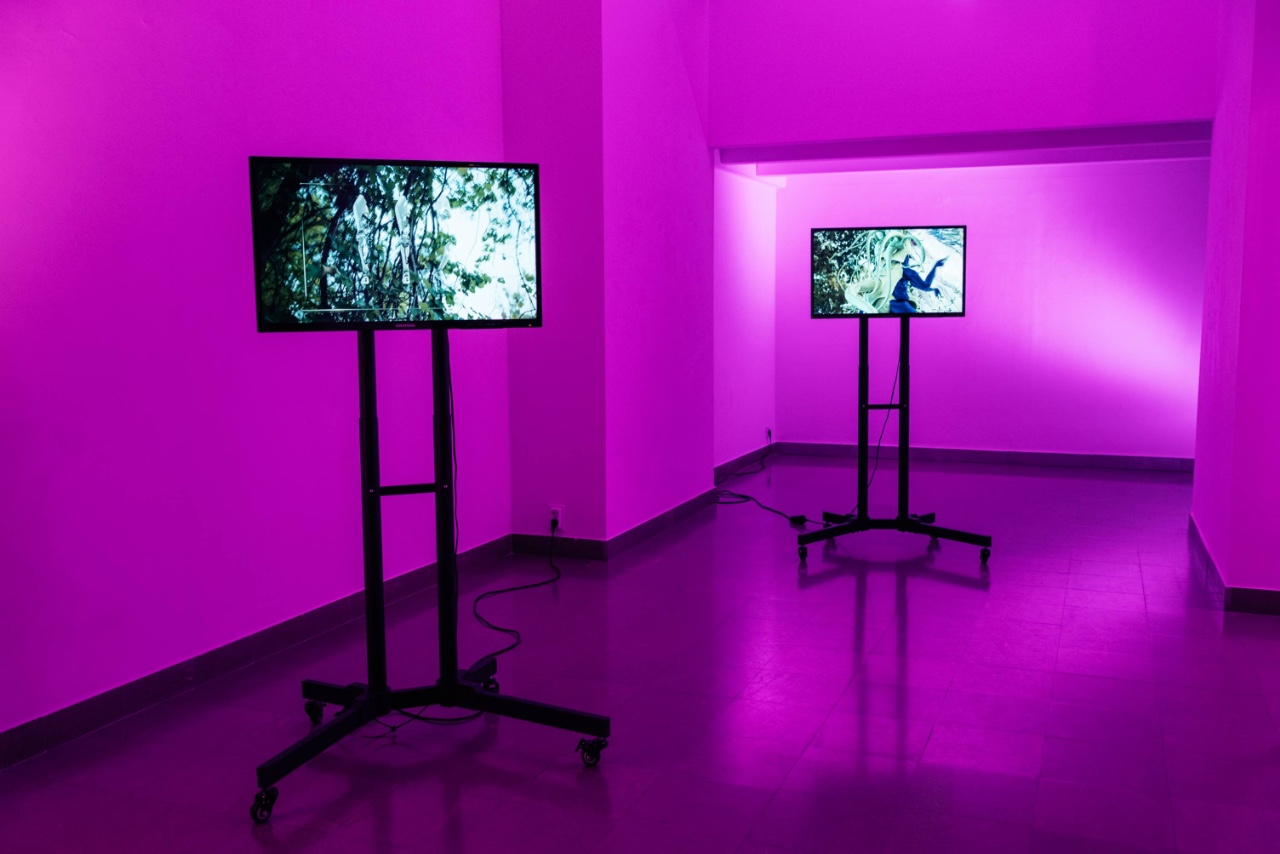
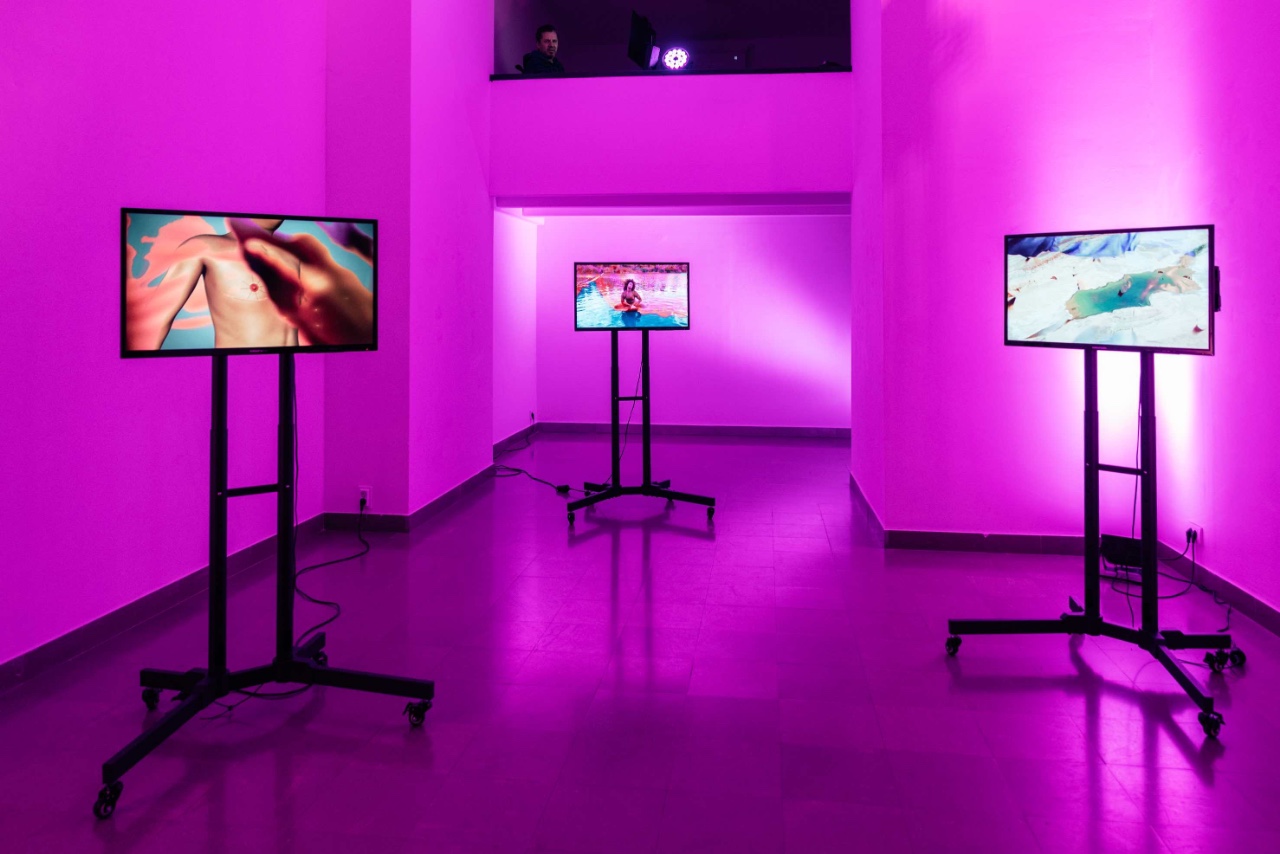
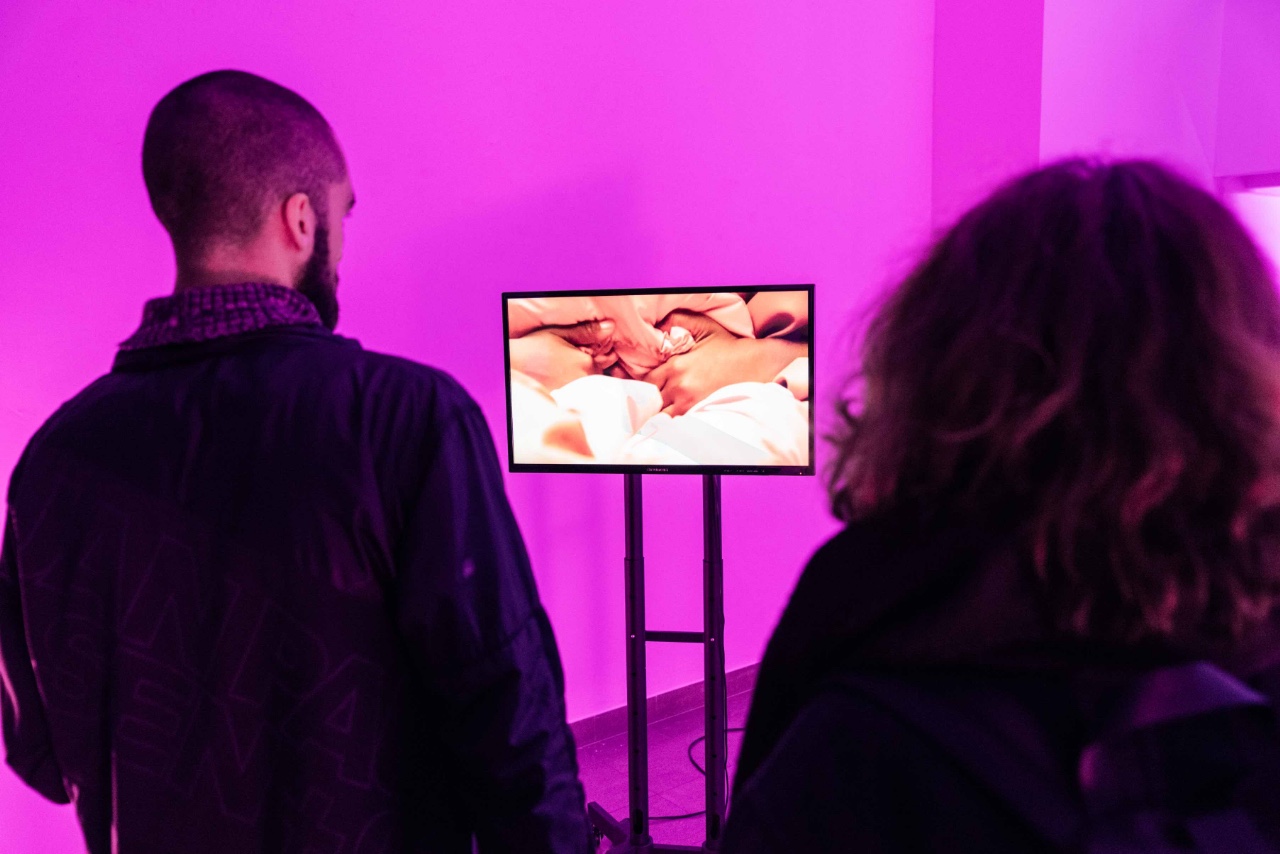
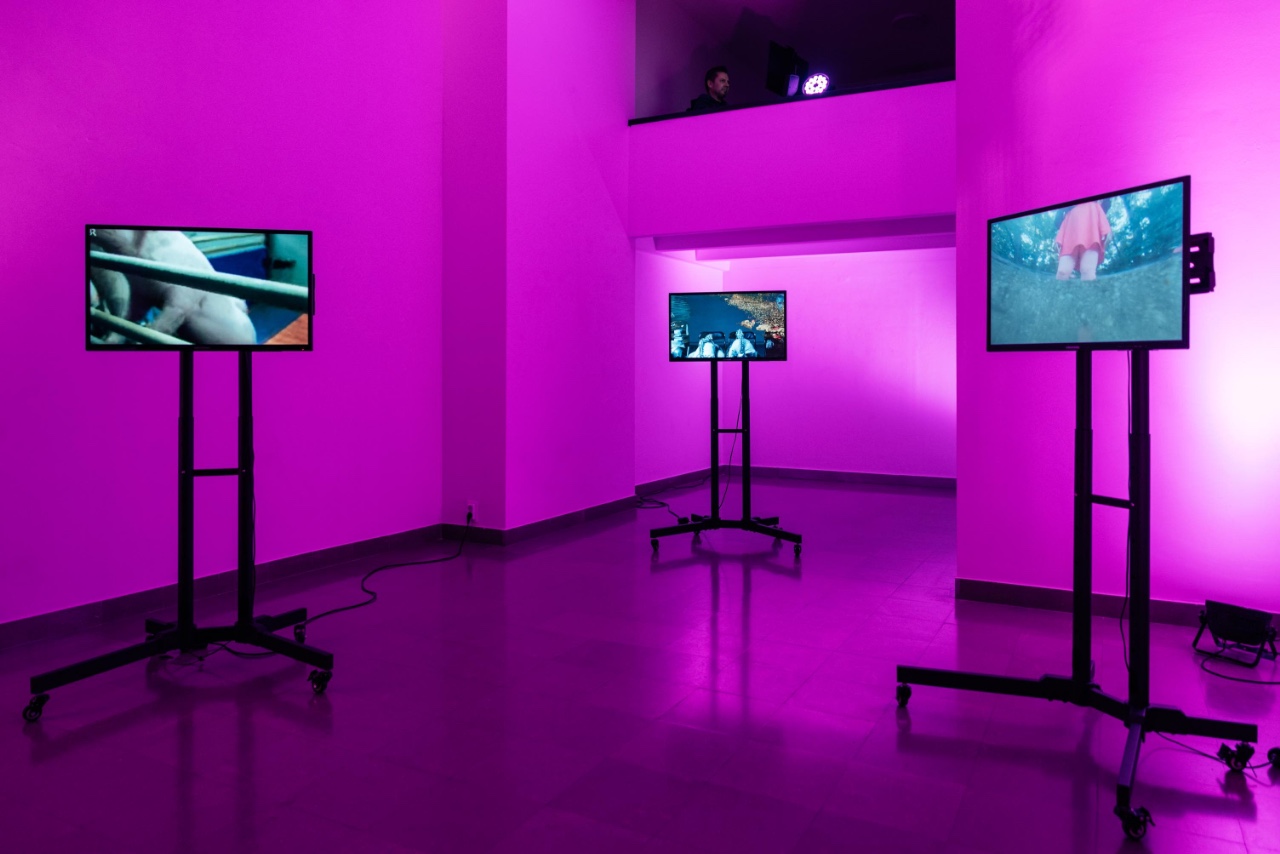
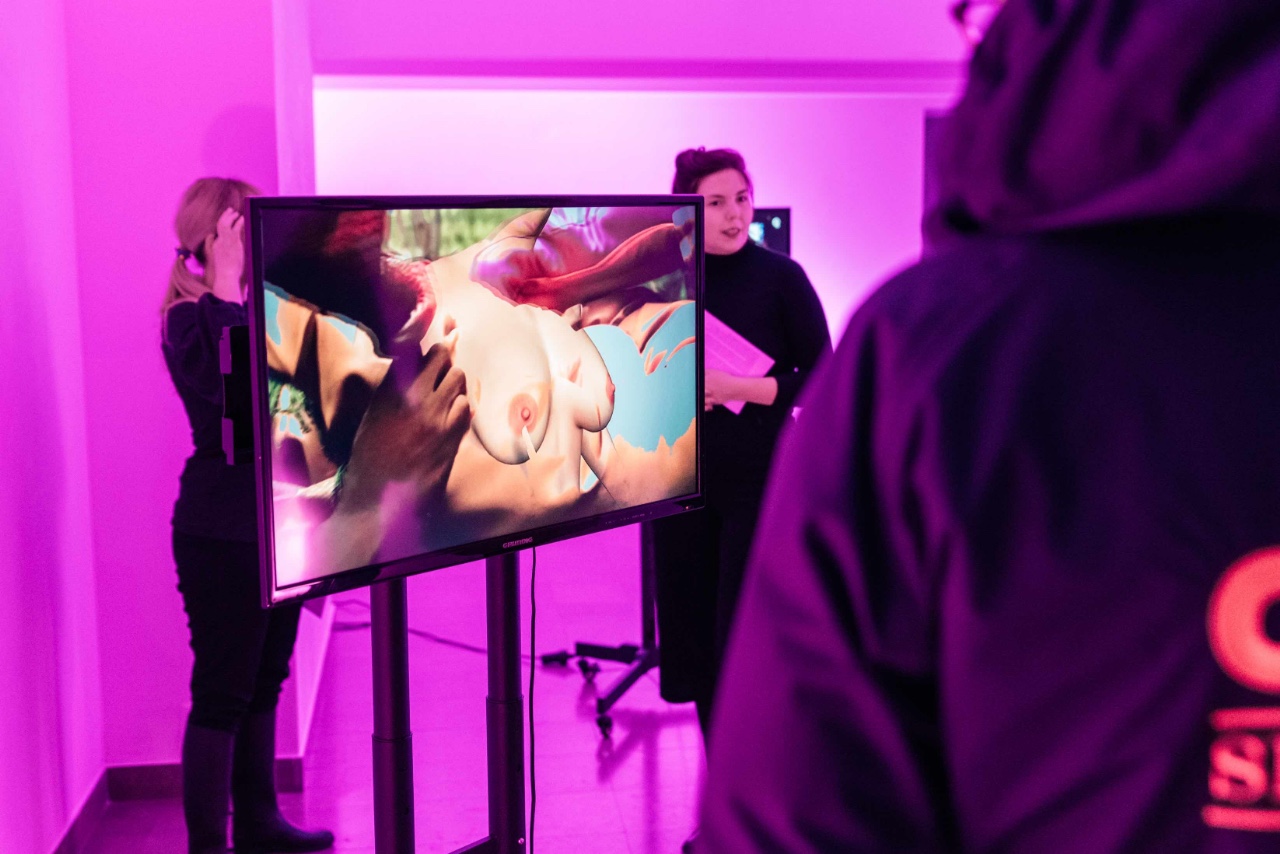
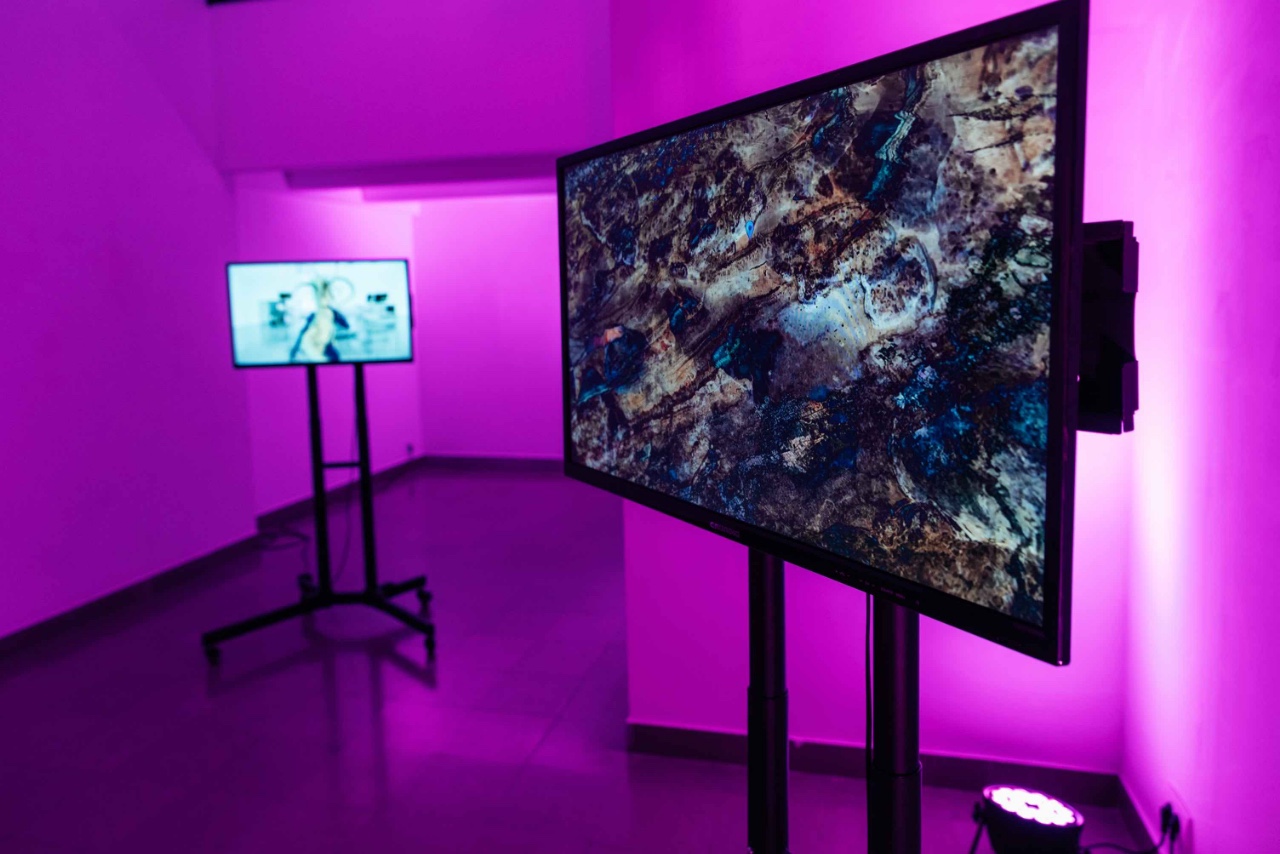
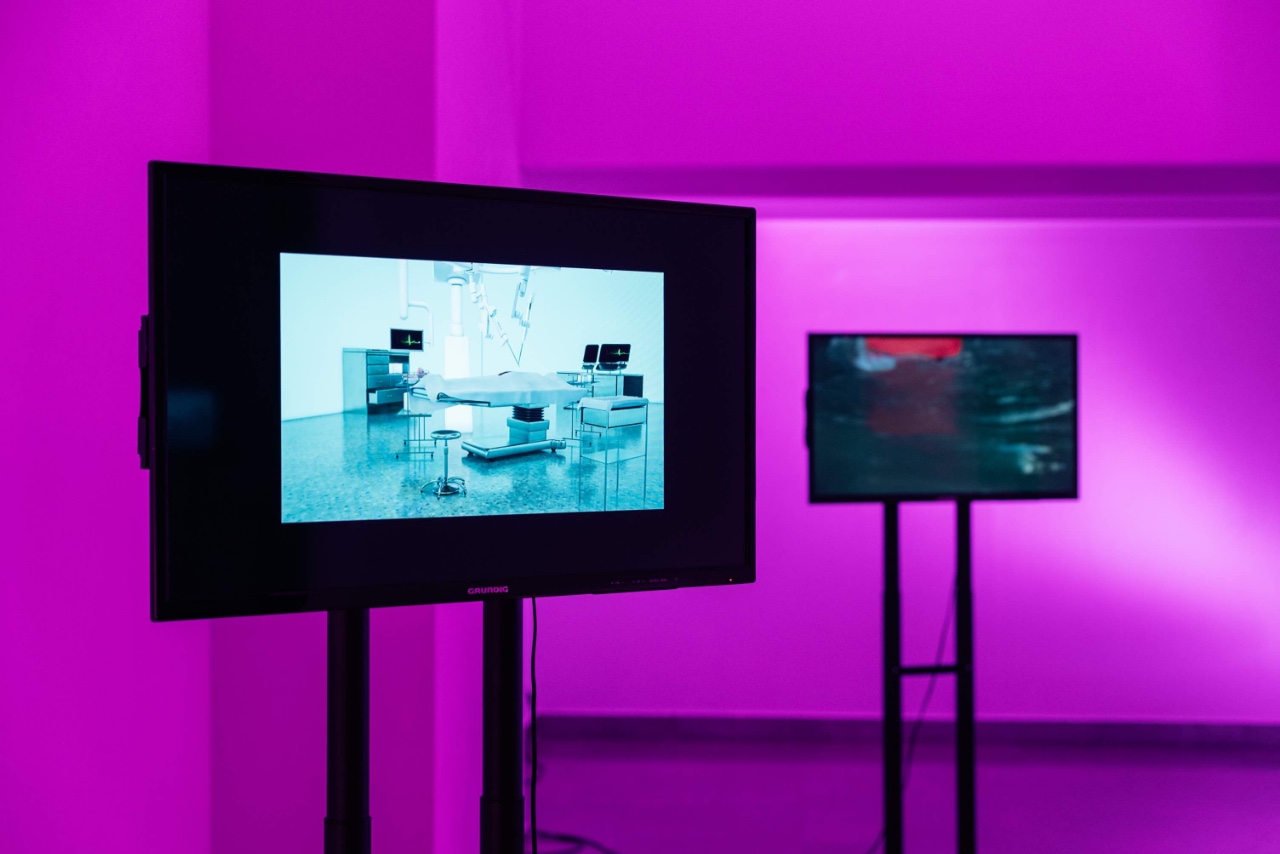
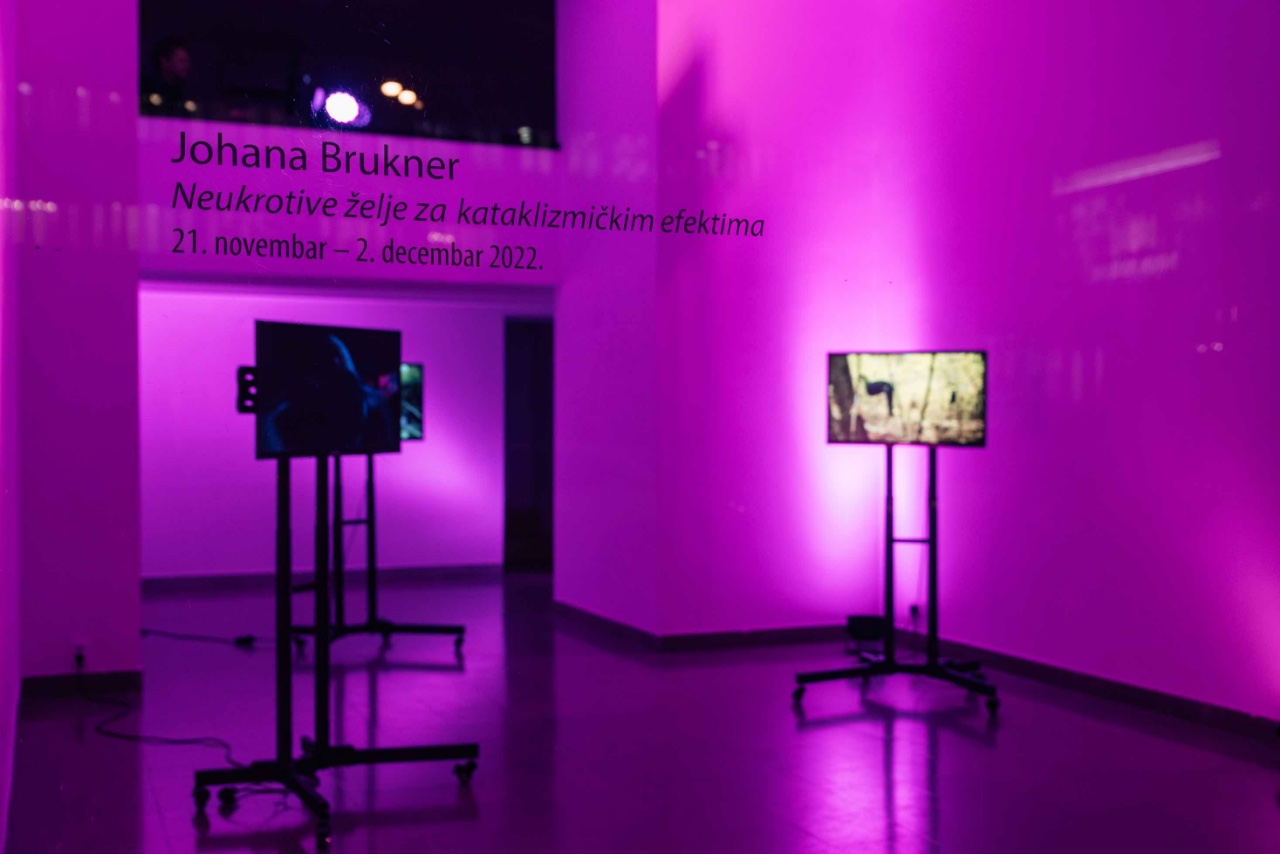
Johanna Bruckner: Unruly Desires for Cataclysmic Affects
We are bodies of salty fluids,
with hands that shook arms, legs, toes and breath,
with nerves all plugged up,
muddied by salt in every synapse […]
bodies dismembered
only perceptible as a minor smelly unruliness
We are bodies of vast archives of toxic substances.
[excerpt from Along Tissue, a Leap, Passing]
Our bodies have lost their stable condition. They are permeated by algorithms, prosthetic with toxins, moving through a world that is increasingly produced in chemical laboratories. They burn with a desire that calls for agency in a coded, prefabricated world.
In her solo-exhibition Unruly Desires for Cataclysmic Affects, Johanna Bruckner maps out such a desire and proposes a speculative imagining of a reality, in which the boundaries of human, non-human and cybernetic bodies are fluid and merge into one another.
In this context, the body in Bruckner’s work appears as affective, molecular matter that transcends the confines of our organic constitution. Bruckner perceives the body as “queer,” i.e., as fluid matter that is constantly transforming itself and thus creates the conditions for it not to be absorbed or exploited in its entirety. In particular, the resulting utopian potential and the possibilities of resistance against existing social structures are at the center of Bruckner’s artistic practice. Aesthetically, this affirmation of deviant agencies and strange alliances unfolds in a multilayered collage of performance, poetry, sound, digital animations and found-footage material.
By presenting her newest work, Along Tissue, a Leap, Passing, 2022, Bruckner takes yet another perspective on the body and its alliances to its outer-world. In a speculative approach to xenogenetic transplantations, she looks at the material “traffic” between the body and its environment – the toxins, chemicals, and pharmaceuticals that enter and permeate the body – to explore how the toxic body can reclaim its agency as a resistant potential.
Text: Rebecca S. Schmidt (Curator)
Shown work: Along Tissue, a Leap, Passing, 3 Channel Video installation, 2022
In her multimedia practice, Johanna Bruckner examines the interconnectedness of technology with our bodies and the potential resistance that may arise from this. Her multi-layered video installations propose a speculative imagining of a reality, in which the boundaries of human, non-human and cybernetic bodies are fluid and merge into one another. In this context, the body in Bruckner’s work appears as affective, molecular matter that transcends the confines of our organic constitution. As audio-visual collages of performance, poetry, sound, digital animations and found-footage material, her works become trans-corporeal entities themselves.
The 3-channel-video-installation Along Tissue, a Leap, Passingexplores the influence of chemical compounds on human and non-human entities. The work investigates in a speculative way, how the toxic body becomes a site to negotiate social, ecological and algorithmic dynamics. Johanna Bruckner releases the manipulated body from this toxic condition and endows it with a new agency. In dance-like movements, it resists a transformation by chemical infrastructures.
In this work, Johanna Bruckner examines the interface between artificial neural networks and microbial ecosystems and investigates bioinspired computing tactics through the lense of breakdown, chemical latency and toxins as weapons: The monstrous, woundrous, vulnerable afterlife of toxic bodies, transcorporeal experiences and their synthetic organs speak in the film, referring to tissue transfer, chemsex and distributed reproduction. This works aims at queering medical and biotechnological time and speculates about aleatory agencies of more than human experiences.
The solo-exhibition is realized in conjunction with the Erste Bank MehrWERT-Kunstpreis 2022. The prize was presented for the first time in cooperation with the Austrian Cultural Forum Belgrade and will be shown next at SULUV, a gallery based in Novi Sad, the European Capital of Culture 2022 (November 21, 2022 – December 02, 2023).
Produced with generous support by the Bundesministerium für Kunst, Kultur öffentlichen Dienst und Sport.
video